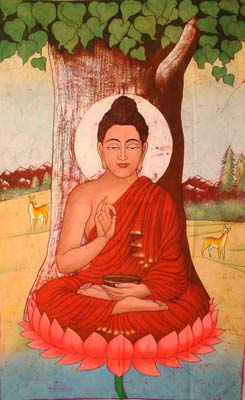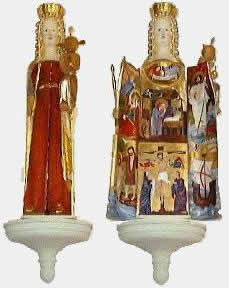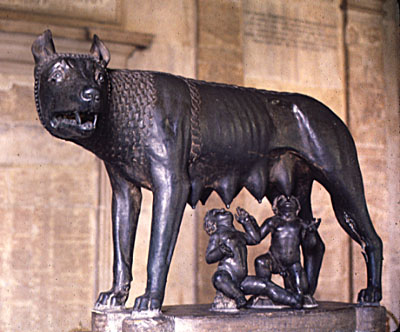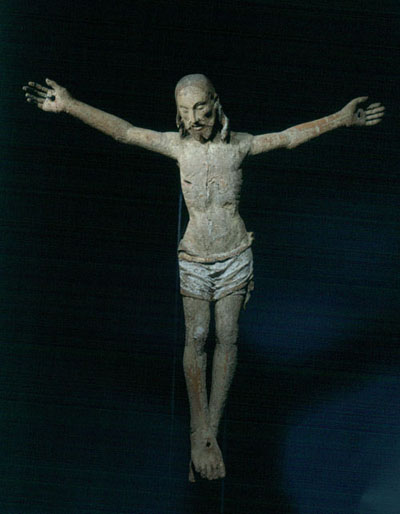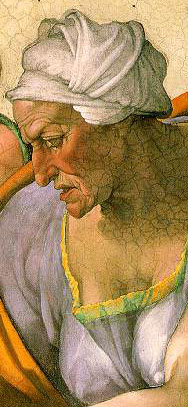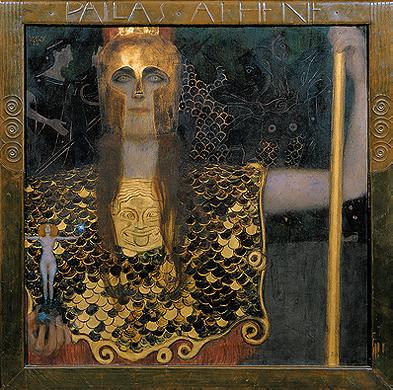the heart's navel
My heart's pure essence is just this body's molded clay.
Taste this new-pressed must, these well-aged thoughts I pour.
These grains of truth I give you are the trap my heart has laid.
The voice you hear is mine, but the message is my heart's core.
#209: From Rumi's Kolliyaat-e Shams-e Tabrizi
Search word: heart
I have been drawing naked figures lately and the final touch is that central point, the belly button or navel. Rumi sometimes uses the heart as an image of centrality, as he seems to do today, especially with the notion of the "heart's core". This central or most essential point is not exactly Rumi himself: his peculiar or specific personality and biography are what shape his message and give it its unique form. The underlying message, however, is divine. Rumi is quite consciously channeling divine revelations.
Throughout this quatrain, two elements are juxtaposed, a common device in Rumi's verses. There is "pure essence" that would seem to be pure spirit but is then identified with the body and even with the body's very physical substance. Spirit and matter are thus made one. In the second line, what is fresh (the newly pressed grapes) and what is aged (the fully matured wine) are also brought together. The old and the new are thus made one. In the third line truth sits with a trap, honesty with deceit. The true and the false are thus made one. And finally, in the fourth line, the human voice and the divine message are combined as but two aspects of the one song.
Whether within Islam, Judaism or Christianity, such revelation has been a specialty of prophets and only with Jesus has the human and the divine been theologically united. As the experience of Al-Hallaj showed, a martyr's death awaits the man who would identify himself too openly with God. Some untrained ears can take offense and read the message in a distorted way. Hence the need to veil the message or revelation, to hide the truth while revealing it. Whether we know it or not, we each have an ear to hear the revelation as well as an untrained ear to distort it. The gifted poet-prophet knows how to speak to both sides. In that speaking, he must also deceive so as to reveal the truth in its fullness. His message must also be fresh and original for otherwise it lacks eternal authenticity.
This single verse could well serve a prophet-poet as one central instruction point. It is like the very navel of Rumi's own ruminations.
